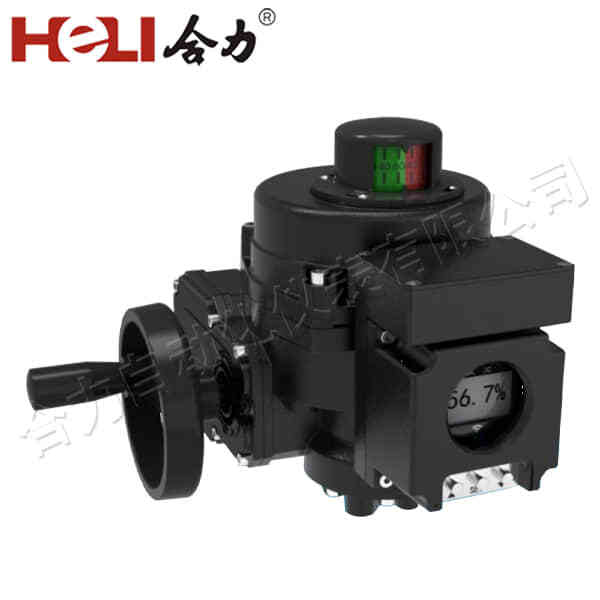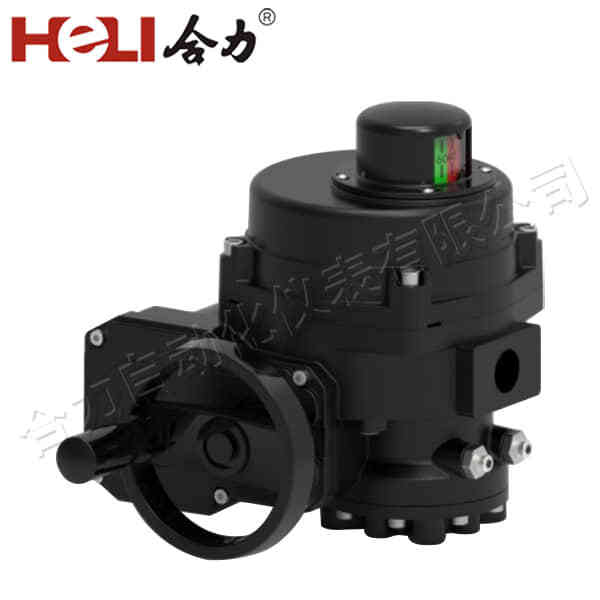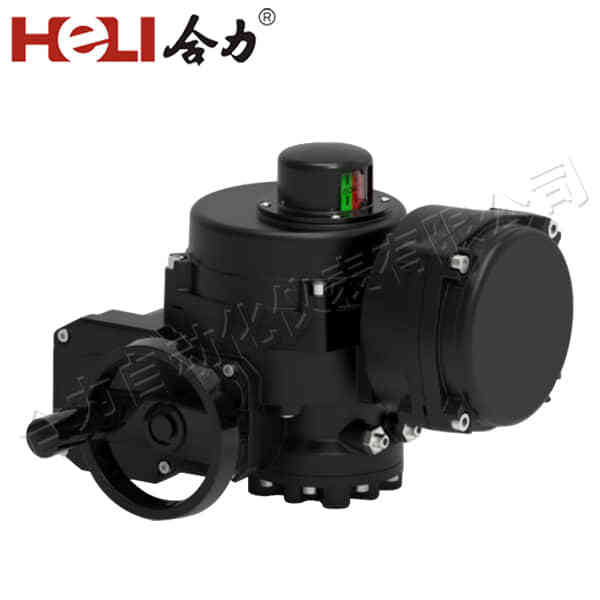the role and benefits of electric actuator valve in modern industrial control systems
Release time:2025-10-28 01:03:57
In today's modern industrial environments, control systems play a crucial role in maintaining efficiency, safety, and precision in various processes. One of the most critical components in these systems is the electric actuator valve, a device that automates the control of fluid flow in pipelines. The electric actuator valve has become indispensable across numerous industries, including oil and gas, chemical processing, power plants, and water treatment facilities. This article explores the functioning, benefits, and applications of electric actuator valves, highlighting their importance in industrial automation.

What is an Electric Actuator Valve?

An electric actuator valve consists of two primary components: an electric actuator and a valve. The electric actuator is responsible for converting electrical energy into mechanical motion, which then operates the valve, controlling the flow of fluids within a pipe. The valve could be any type, including ball, butterfly, globe, or gate valves, depending on the specific application. The electric actuator is often equipped with a motor, gears, and an electrical circuit that enables precise control of the valve's position, whether it's fully open, closed, or anywhere in between.




